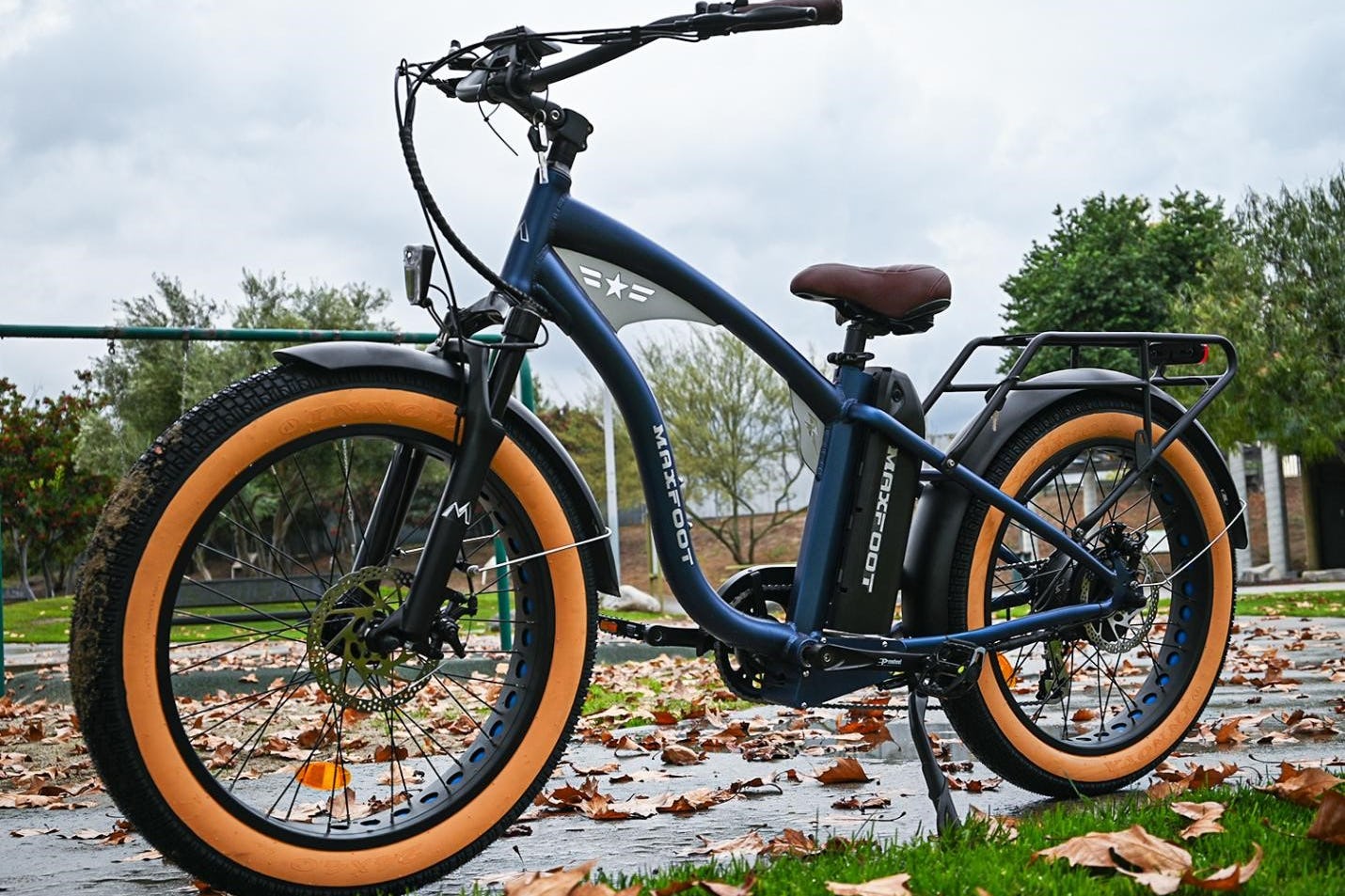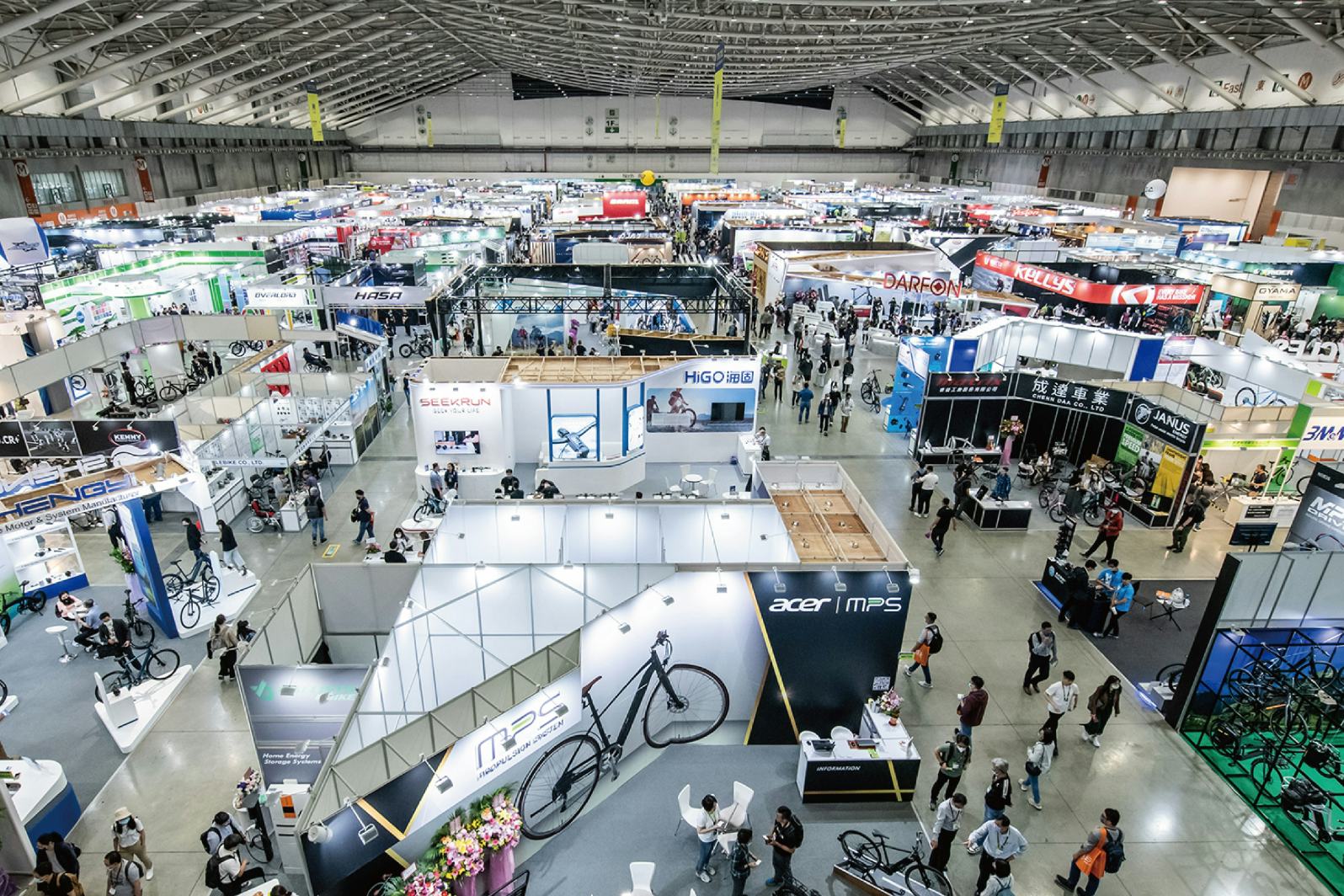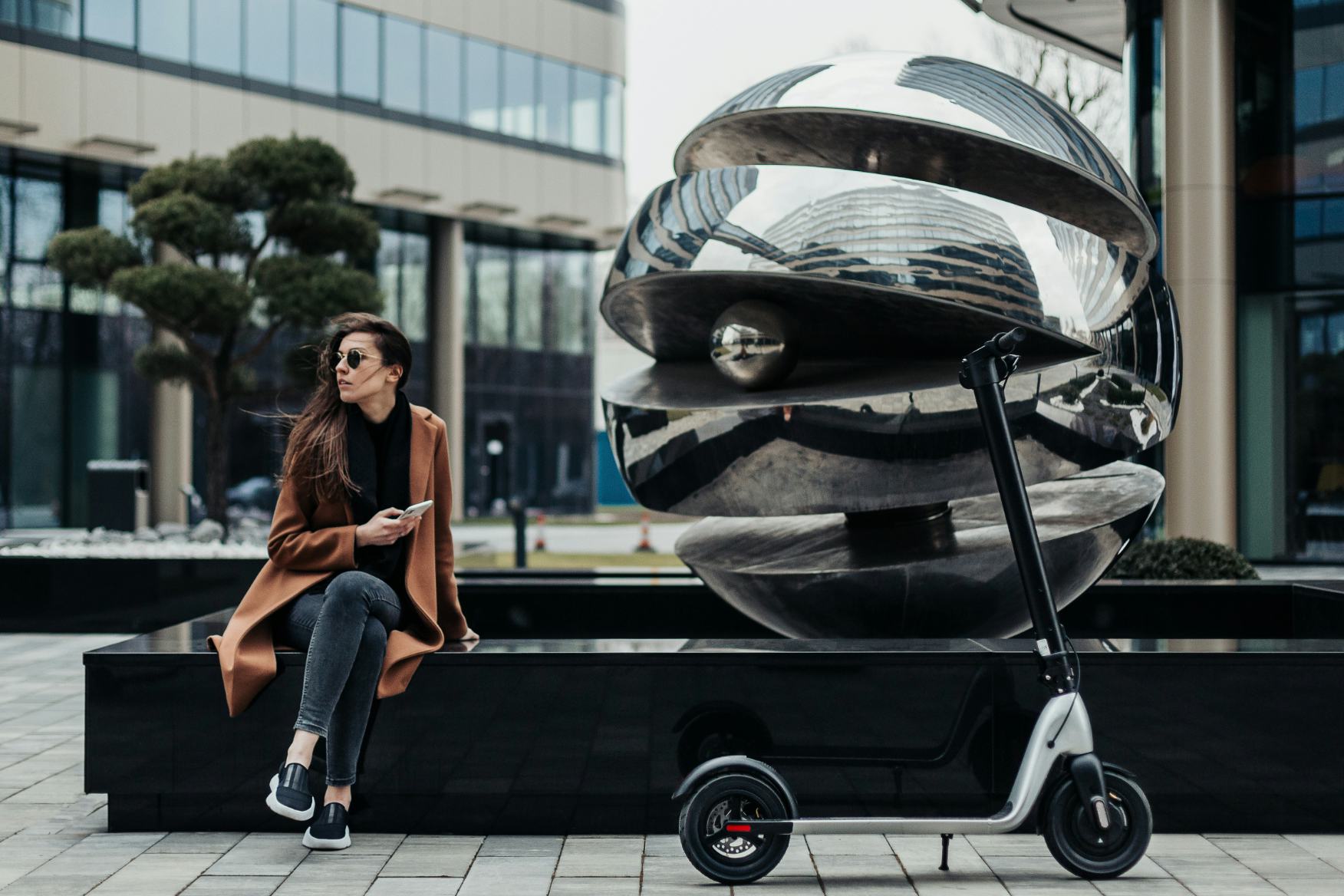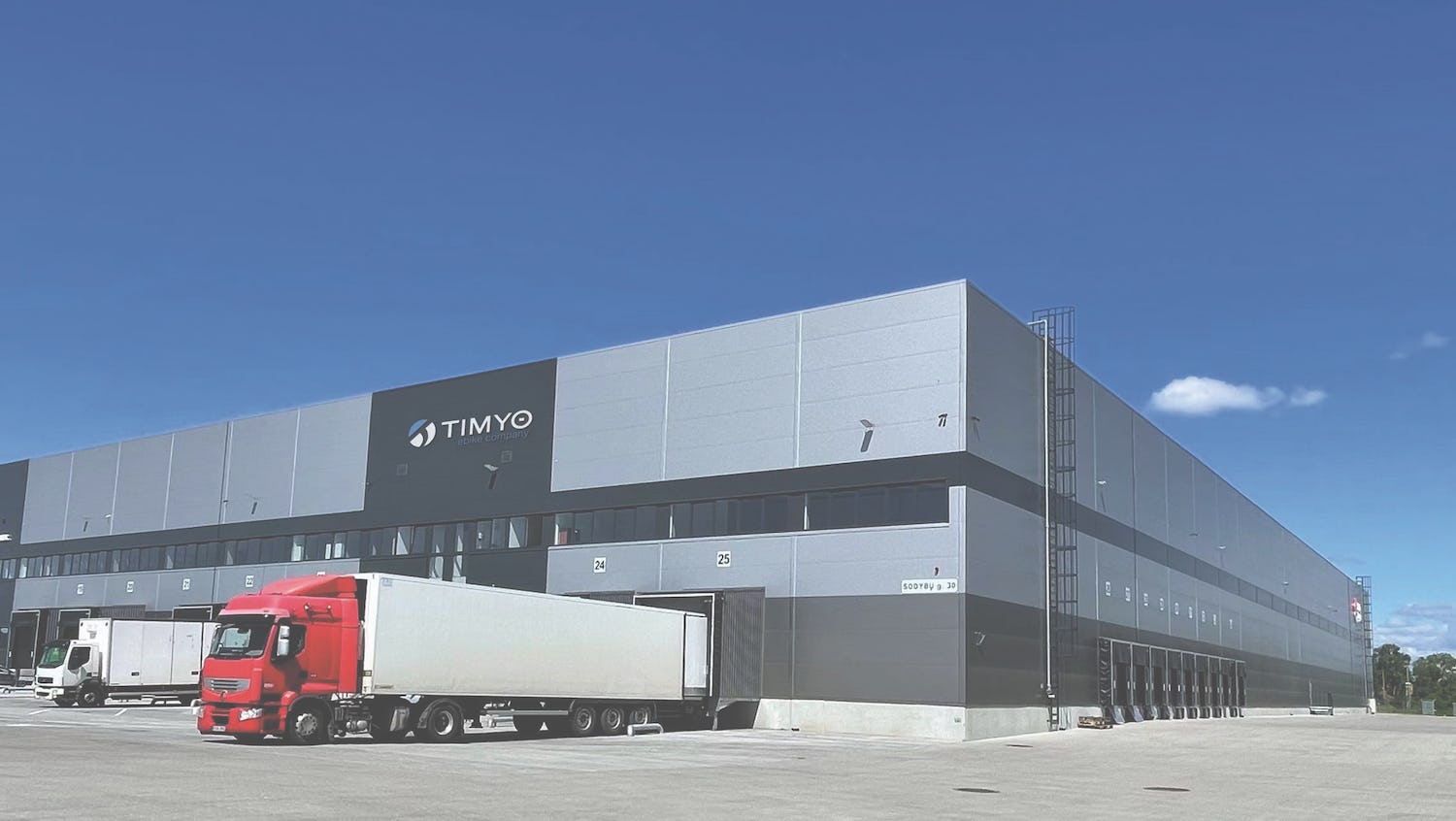What means ‘Taiwan’s innovation energy’ as you call it for the e-bike industry?
With the Taipei Cycle d&i awards, we are encouraging innovation in the e-bike and bicycle industry. It is an ongoing challenge for everybody involved in the future of our industry. Finally all outstanding products which are the result of this challenge are showcased during the Taipei Cycle Show. It represents the future trends of the bicycle industry and present the latest design innovations. But it also encourages R&D and industrial innovation, promotes upgrading of the industry and builds a high profile international image.
What does it bring for the e-bike and bicycle industry?

With innovation energy, Taiwan could improve sustainability for the e-bike and the e-bike industry by bringing more product diversity with for instance, smart cycling services, commercial e-cargo bikes, female and family oriented bikes. The bicycle industry is currently expanding its market audience from mainly sports enthusiasts to the more general public, who cycle for entertainment and commuting. Therefore, the design elements shift from function, quality and aesthetics only, to more user experience seen from the perspective of the consumer in general. This will even help the trend of expanding the cycling audience.
How does that match with the strategy of the TBA?
TBA was established in 1992, based on a mutual agreement within Taiwan’s bicycle industry at that time. The aim still is to create new opportunities, build consensus, and unify counterparts within the industry to elevate Taiwan as the global supply hub of high-end bicycles. In January 2021, we had 363 registered members. TBA actively assists the industry to search for business opportunities and new market developments. Our vision is built on three pillars: turn Taiwan into the global R&D, innovation and production supply centre for high-end bicycles; build Taiwan into a cycling paradise, and continue to improve the riding environment and promote cycling culture; create friendly cities, promote public bicycle systems, and reduce carbon emission and alleviate traffic congestion problems.
How many entries did you have for the Taipei Cycle d&i awards 2021?
For the 2021 competition we received close to 110 entries from 10 countries. Out of these entries, 38 products have been awarded with the Taipei Cycle d&i awards 2021. Among them, 5 outstanding products will be honoured with a Taipei Cycle Gold Award and one Taipei Cycle Gold Award for a Young Enterprise will be given to a startup. All award-winning products will be exhibited at the special exhibition during the virtual event Taipei Cycle 2021 – Online which will take place from March 3 – 31, 2021. We will also promote the 2021 d&i award-winning products through creative posts and short videos on our social media platforms. Finally the award winners will be invited to exhibit at the iF design center Chengdu, China and at the iF design salon Taipei, Taiwan.
What will be TBA’s online marketing strategy after Covid-19?
Our industry will need to upgrade its online marketing abilities now we have seen what happens when physical trade shows or face-to-face contacts become impossible. Online marketing not only means projecting a favourable industry/entrepreneur/product image, but also the effort made to stream to multiple platforms at the same time for ongoing publicity. In order to upgrade the industry’s online marketing skills, we will publish a series of functional frameworks and books this year to assist our members step by step on how to effectively work on market study, product design, network marketing and aesthetic branding. Through which, we are able to reach out to new customers and markets.

On social media and the website of this trade journal you started the ‘Cycling Influencer’ campaign. What is your aim of this campaign?
Community networking enables brand communication to be instant and direct. It also makes many online influencer brands rise rapidly, which is one of the new blue sea marketing models for small and medium-sized companies. In the past, companies were busy creating products first, then brands. This model needs to change in Taiwan’s bicycle industry urgently. Companies first need to create a brand and provide customers with the products they need. So, building an influencer is a marketing strategy we implemented this year. Via these ‘Cycling Influencer’ campaigns, companies are able to get one-on-one guidance on how to generate appealing product videos and social media posts which suit their virtual network, and to touch on new B2B2C e-commerce potential customers.
Covid-19 had a huge impact on trade shows and events. How is Taiwan anticipating on future expo trends, online and offline?
Physical trade shows are still at a high risk of cancellation as long as the pandemic is not under control. This will not only accelerate the demand of online shows, but also urge companies to set up their own small yet customised presentations. Probably some local shows will help out to meet domestic demand but for international trade shows the situation will remain difficult as long as the entry restrictions and quarantine regulations are in place.
Cycling in Taiwan is strongly promoted overseas as a holiday. What will this user’s experience of cycling in Taiwan bring to the bicycle industry?
We already see that thanks to the promotion of cycling tourism, offering well established riding facilities, and organising many cycling race events, the market for cycling holidays is expanding. The industry thus tries to create diversified products covering a wide a range of demands, whether it’s for professional or amateur, for fitness or leisure. Taiwan’s leading bicycle companies Giant and Merida have sufficient resources in setting up cycling events on their own, which help to boost the revenue of cycling tourism.
 This article is sponsored by TBA.
This article is sponsored by TBA.









